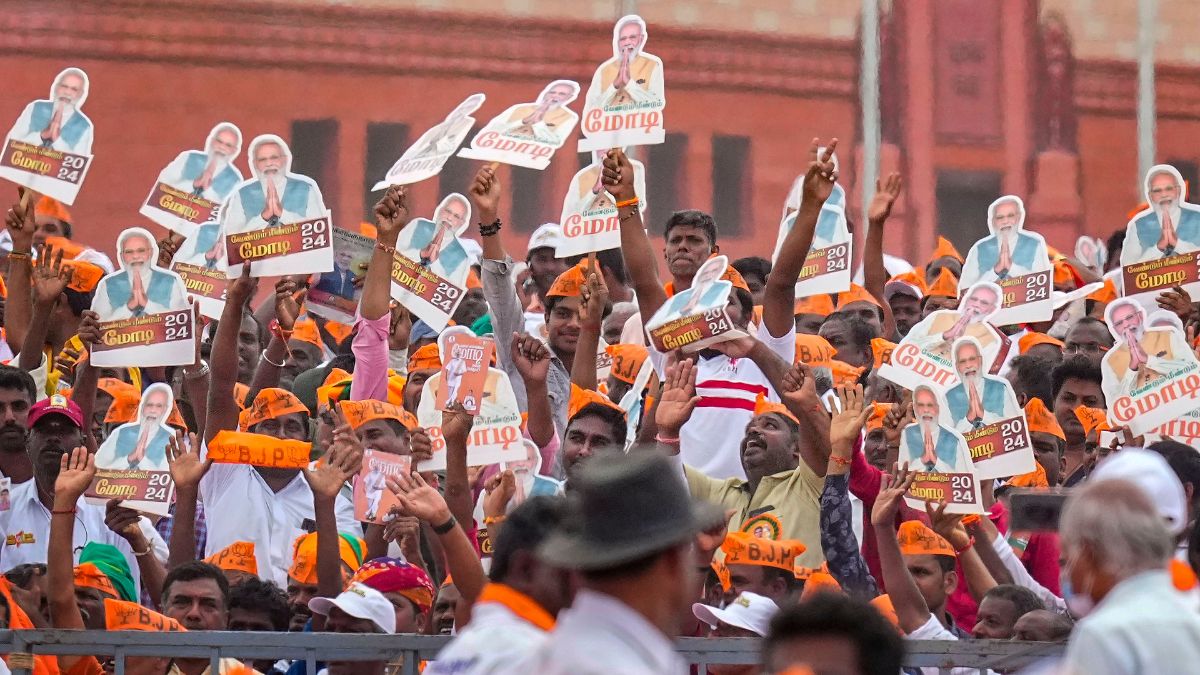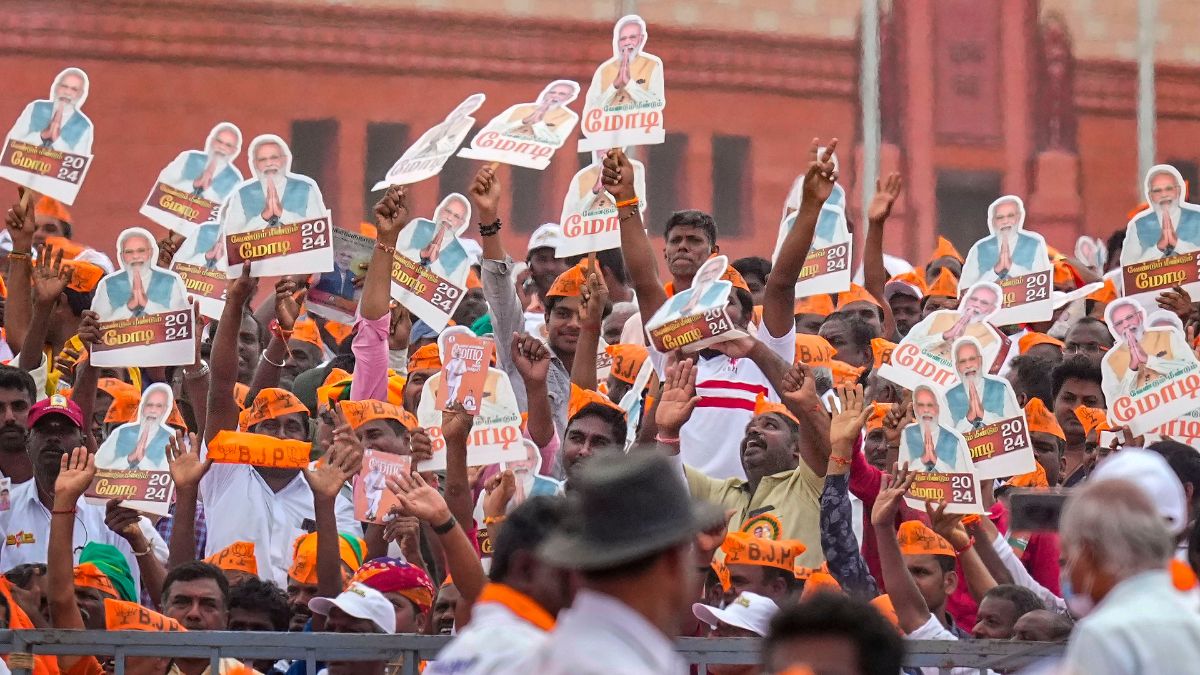Results of Indian general elections will be out by the late evening of 16 May. By early evening that day the trend would be clear. While no one can predict which political party or coalition would win the elections, and who would be India’s next prime minister, one thing can be predicted with fair amount of certainty: China won’t be affected much, particularly for the rest of this year with the results of Indian elections. There are several reasons for this prognosis.
One, whichever political dispensation comes to the seat of power in New Delhi, foreign policy will be on its back burner at least for the first six months. The new government’s immediate priority would be to focus on economic revival, creating more jobs, tackling food inflation, taking high octane measures on curbing corruption, launching common man-centric welfare and development schemes, and addressing long-pending woes of various key partners in the Indian growth story like farmers, unorganized labor, small and medium manufacturers and the industrial sector. However, this scenario will be applicable only if the Bharatiya Janata Party (BJP) garners enough seats in the 543-member Lok Sabha and reaches the magic number of 272 seats, either on its own with its pre-poll allies or with the help of post-poll allies after some deft political maneuverings. This is a highly likely scenario. Here we are not yet talking of who will be the prime minister in a BJP-led government because everything will depend on the number of seats. The fate of the BJP’s prime ministerial candidate Narendra Modi would depend on how many seats the BJP is going to win on its own steam. If the number of the BJP’s seats is above 200, Modi is unstoppable. If the BJP seat share is around 170 or even plummets further, a BJP-led government is still likely but the chances of Modi leading this government would become remote. There will be some trepidation in China and in some other parts of the world if Modi becomes the prime minister. In such a scenario, it will be interesting to see whether the Chinese troops exercise more self-restraint and not ruffling the Indian feathers while patrolling areas along the Indian-China border. Modi has the image of being a tough-talking nationalist and he would be under pressure from his own party and even more so from his political rivals to react differently to China’s incursions than the Congress-led United Progressive Alliance (UPA) government. Two, in case of a highly fractured mandate and a hung parliament, the government formation in New Delhi will become a game of musical chairs. This too is a likely scenario and cannot be ruled out. The most immediate impact of such a scenario will be that foreign policy becomes the least important priority. This scenario can play out in two ways – and again, everything will depend on the number game. It is for sure that the BJP will emerge as the single largest political party and the Congress will be number two, followed by major regional parties like Mamata Banerjee’s Trinamool Congress in West Bengal, Mayawati’s Bahujan Samaj Party and Mulayam Singh Yadav’s Samajwadi Party (both in Uttar Pradesh) and J Jayalalithaa’s AIADMK and M Karunanidhi’s DMK (both in Tamil Nadu), though not necessarily in that order. If the second scenario becomes a reality then there are only two ways in which a new government can be formed in New Delhi. Either it is a non-Congress, non-BJP government of regional parties supported by Congress from outside or a rag-tag coalition of all anti-BJP, anti-Modi forces, probably led by the Congress. The ongoing Indian electoral exercise is so bitterly fought and so closely contested that no one can predict the results and none of the above scenarios can be discounted. However, if the second scenario were to be the fate of India then whichever government comes into power will be short-lived and one should expect fresh elections in just about a year. In this situation, Indian politicians would be busy in fighting among themselves, having neither the time nor the intention to address key issues related to foreign policy. In all of the above scenarios, there will inevitably be the after-effects of the extremely acerbic poll campaign where top leaders of all major political parties crossed all limits of decency like never before in the history of independent India. Therefore, whichever new government takes over the reins in New Delhi post 16 May, it would inevitably launch a witch hunt against its political rivals. This will push China out of the frame of the Indian government. Last, but not the least, India and China have not yet begun a mechanism of annual summits. India has this institutionalized mechanism of holding annual summits with only countries – Russia and Japan. Therefore, there will be no urgency to have top-level to-and-fro visits between India and China, though the leaders of the two countries will definitely be meeting at multilateral summits and events. Now here is a postscript! Even if there is an unstable coalition government in New Delhi, it won’t mean that there will be no India-China interaction. Diplomacy is a work in progress which will continue. The only impact of an unstable government in India would be that the intensity of Sino-Indian diplomatic cooperation would lessen considerably.
The writer is a New Delhi-based strategic analyst and a political commentator who tweets @Kishkindha.


)




)
)
)
)
)
)
)
)